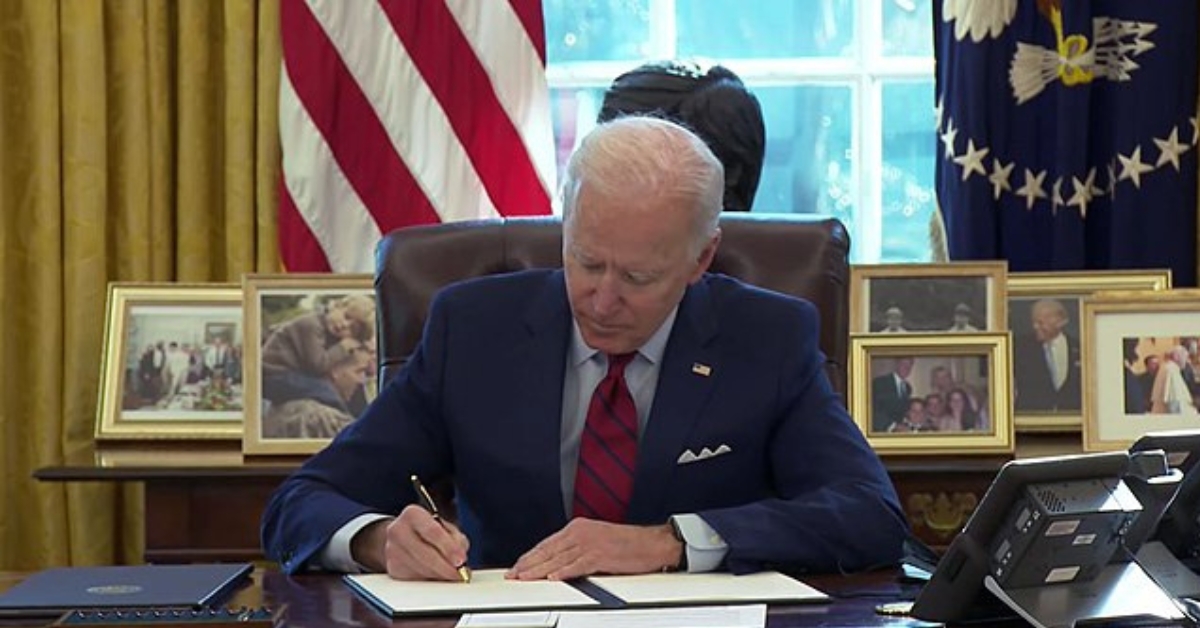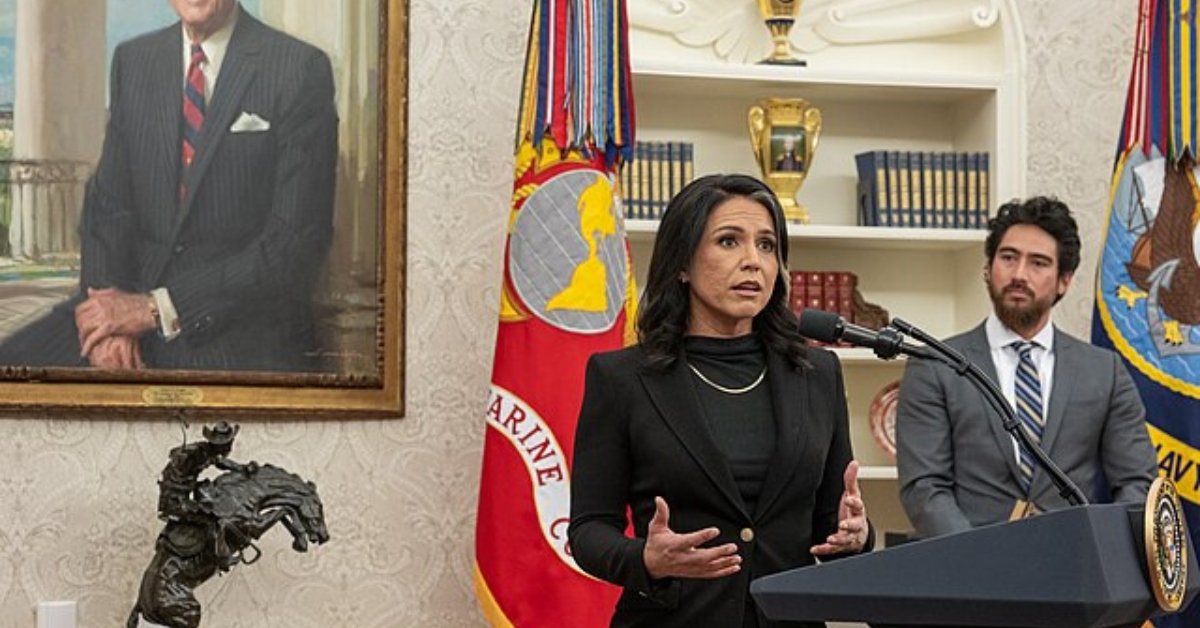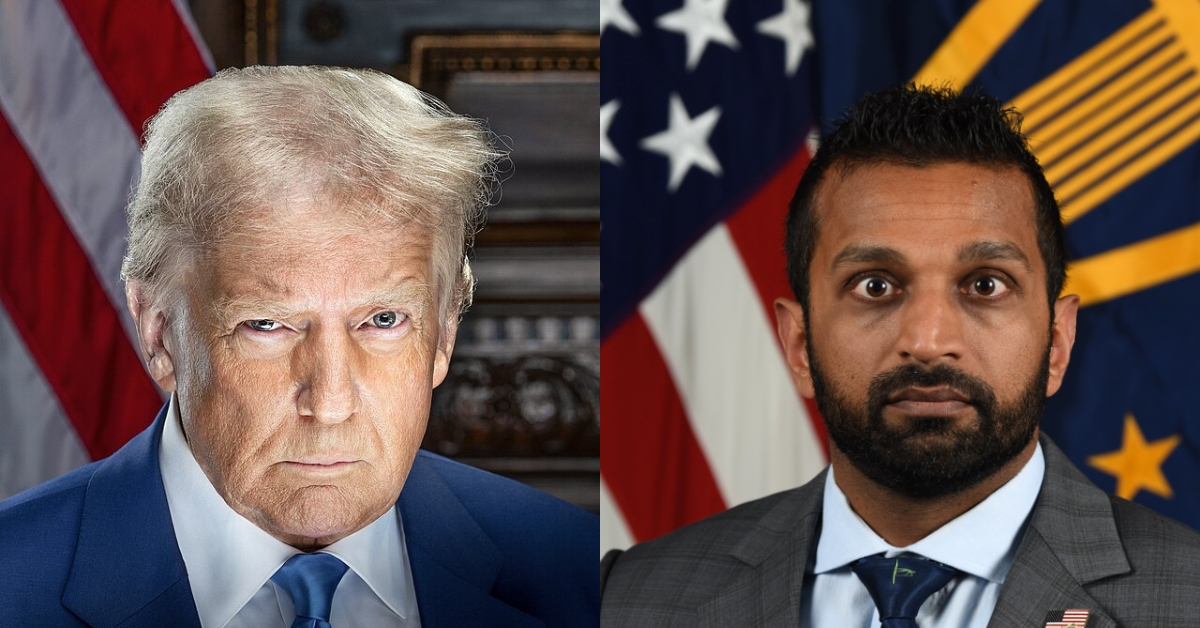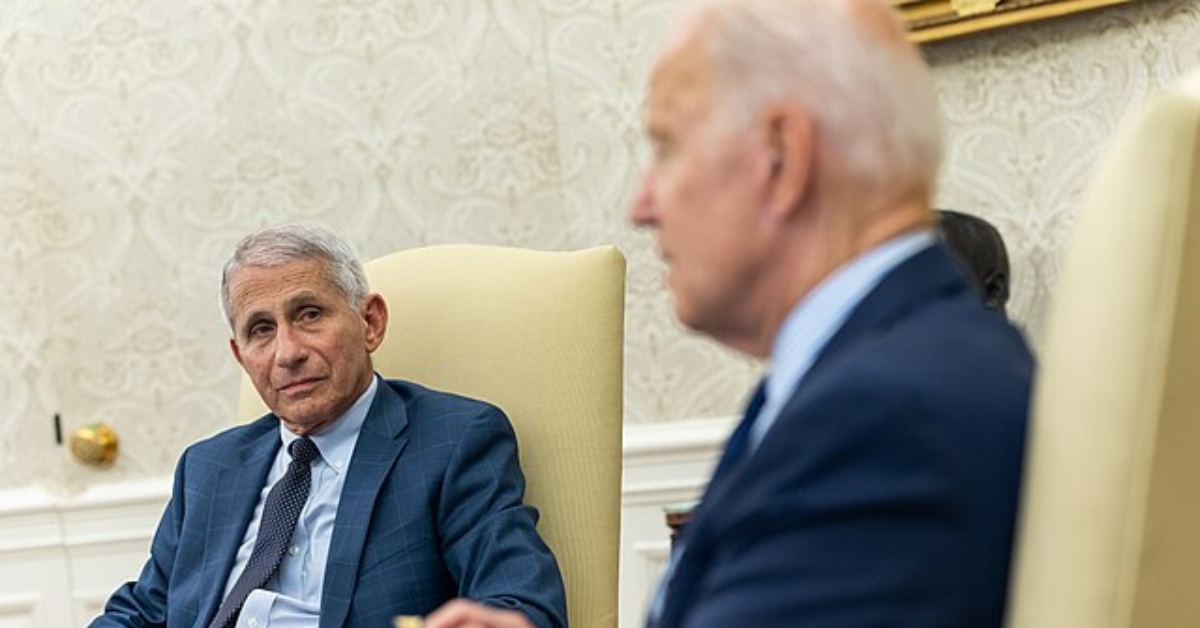
Hunter Biden Secretly Aimed to Hand US Nuclear Technology to China
In a scenario that reads like a page out of a geopolitical thriller, new revelations have surfaced implicating Hunter Biden and his business partners in an ambitious and clandestine operation. The objective? To orchestrate the acquisition of one of America’s nuclear technology crown jewels, Westinghouse, by a Chinese energy conglomerate, CEFC China Energy, which has deep ties to the Chinese Communist Party (CCP). This scheme, concocted while Joe Biden served as vice president, highlights not just the audacity of Hunter Biden’s dealings but underscores the alarming depth of the potential infiltration and influence of the CCP into the American political system.
The uncovered strategy memo, now part of President Joe Biden’s impeachment inquiry, shines a stark light on the lengths to which Hunter Biden and his cohorts were willing to go. They sought to leverage Hunter’s access to the corridors of power and the Biden family name to make this deal palatable to both American and Chinese stakeholders. The memo blatantly outlines a plan to cloak CEFC’s acquisition of Westinghouse through intermediaries, ostensibly to avoid raising red flags in Washington about a Chinese takeover of such a sensitive American enterprise.
The strategic significance of Westinghouse in the nuclear industry cannot be overstated. With its pioneering AP1000 reactor, the company represents a nexus of innovation and national security interests. The brazenness with which Hunter Biden’s circle aimed to broker this deal reveals a troubling disregard for the potential national security implications. This initiative was not just about business; it was about geopolitical leverage and the unsettling prospect of critical American technology bolstering the capabilities of our chief global competitor.
What’s particularly disconcerting is the methodical approach outlined in the uncovered documents. They detail a deliberate strategy to exploit the Biden name to secure favorable outcomes, bypass regulatory scrutiny, and achieve a form of market dominance that would have profound implications for global energy dynamics and U.S. national security. This wasn’t mere speculation or business bravado; it was a calculated attempt to manipulate international economic and political landscapes for the benefit of the CCP.
The implications of such dealings are far-reaching. They prompt serious questions about the integrity of American political and economic institutions and the extent to which foreign adversaries might exploit familial connections to high office for strategic gains. Furthermore, they highlight a glaring vulnerability in our national security apparatus: the potential for foreign powers to covertly gain control over critical infrastructure and technology through financial and business maneuvers.
As this narrative unfolds, it’s imperative for American lawmakers, regulators, and the public to scrutinize the intersections of business, politics, and national security. The Hunter Biden-Westinghouse saga is not just a cautionary tale of potential graft or nepotism; it’s a stark reminder of the multifaceted threats posed by foreign adversaries in the modern geopolitical arena. Our response to such revelations will determine our resilience against efforts to undermine our national security and erode our technological and industrial leadership on the global stage.














